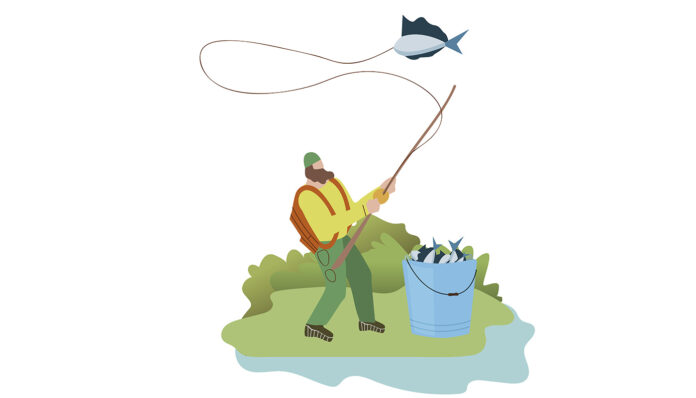In negotiation Chapter 13, Montenegro is negotiating the rules of the Common Fisheries Policy (CFP). This policy was first formulated in the Treaty of Rome. Initially, it was part of the Common Agricultural Policy (CAP), but due to the entry of countries with large fishing fleets and abundant marine resources into the European Union (EU), and the need to address new issues, such as resource conservation, it was separated into its own policy. The CFP is focused on sustainable management of fish resources within European waters. Its key objectives are to prevent overfishing, protect marine ecosystems, and ensure the long-term sustainability of fisheries. The CFP regulates fishing quotas, technical measures, monitoring and control of fishing activities, support for aquaculture, and scientific research. It also promotes the economic sustainability of communities dependent on fisheries and facilitates access to the EU’s common market for fish products.
Subareas?
The legal acquis related to this negotiation chapter is divided into the following subareas: resource and fleet management, inspection and control, structural measures, market policy, state aid, and international agreements.
When was the chapter opened?
Negotiation Chapter 13 – Fisheries was opened at the Intergovernmental Conference in Brussels on June 30, 2016.
Opening benchmarks?
Montenegro had one opening benchmark in Chapter 13:
Montenegro must present a comprehensive national strategy in the field of fisheries, including an action plan, which will serve as the basis for transposing, implementing, and executing the legal acquis in this area. On June 25, 2015, the Government of Montenegro adopted the National Fisheries Strategy of Montenegro 2015-2020, with an Action Plan for transposing, implementing, and executing EU law, thus fulfilling the condition for meeting the benchmark, which was officially confirmed on December 9, 2015.
Closing benchmarks?
Under negotiation Chapter 13, Montenegro is required to fulfill the following closing benchmarks:
- Montenegro must adopt a legislative framework that ensures a significant degree of alignment with the EU’s legal acquis in the fisheries sector and ensure that it will be fully able to apply the Common Fisheries Policy after accession.
- Montenegro must significantly strengthen the administrative, inspection, and control capacities required by the Common Fisheries Policy and ensure that EU requirements regarding inspection and control will be fully met on the date of accession.
Activities carried out to meet the closing benchmarks
To meet the first closing benchmark, on 30 August 2024 the Parliament adopted the Law on the Organisation of the Market in Fisheries and Aquaculture. In addition, on 26 June 2025 the Parliament adopted the Law on Marine Fisheries, the Law on Aquaculture, and the Law on Structural Measures and the Award of State Aid in Fisheries and Aquaculture. By adopting this set of key laws, Montenegro achieved a high level of alignment with the EU Common Fisheries Policy and established a stable legal framework for further harmonisation through by-laws and full implementation in the coming period.
To meet the second closing benchmark, in addition to the establishment of the Directorate for Fisheries on 30 March 2017, on 17 July 2025 the Government adopted the Action Plan for strengthening administrative, inspection and control capacities necessary for the implementation of the Common Fisheries Policy until accession.
What is the benefit for Montenegro from this chapter?
Negotiations with the EU in this chapter offer significant benefits to the candidate country, including the modernization of the fisheries sector and the improvement of infrastructure. By aligning with the Common Fisheries Policy (CFP), the country gains the opportunity for sustainable management of fish resources, ensuring the protection of natural wealth and the long-term economic stability of the sector. Adopting European standards increases the competitiveness of domestic fishery products, allowing for equal access to the EU’s common market. With EU membership, Montenegro gains the right to use funds from the European Maritime and Fisheries Fund (EMFF), enabling further investments in infrastructure, aquaculture, and sector modernization. The organization of fishermen into producer organizations further strengthens their market position and contributes to a more efficient organization of the fisheries sector. These measures contribute to local employment, the development of regional communities, and better integration of Montenegrin fisheries into the European economic space.


